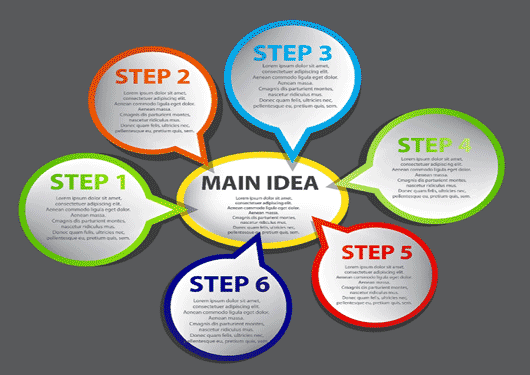
Visit Our Sponsors |
|
|
|
|
|
|
|
|
|
|
|
|
|
|
|
|
|
|
|
|
|
|
|
|
|
|
|
|
|
|
|
|
|
|
|
|
|
|

More than 1,000 senior executives across varying regions and sectors assessed how important 15 business challenges are for their companies and how prepared they feel their companies are to address those challenges. BCG conducted the survey as part of the firm's 50th anniversary Game Changing program, a year-long effort to highlight the most pressing issues facing business leaders.
"This survey gave us an opportunity to hear directly from business leaders about how they view the requirements for success in a fast-changing, global economy," says Patrick Ducasse, a senior partner at BCG. "Growth, fitness, adaptability, connectivity, stewardship - these are the things that separate the winners from the losers. It is clear from our survey that a significant proportion of top executives are not prepared for the biggest challenges."
Among the major findings:
-- Talent management is the biggest blind spot. Respondents identified talent management as the most significant pain point, representing the largest gap between importance and preparedness. Overall, 76 percent of leaders ranked this challenge as important, while only 18 percent felt prepared for it.
-- Consumer and retail industries feel least prepared for the digital revolution. This area showed the highest gap between importance and preparedness as compared to other industries. Nevertheless, they rated leveraging customer data (70 percent) and supply-chain excellence (66 percent) as most important, thus underscoring the need for understanding customers and monitoring and controlling the interdependencies of increasingly complex international supply chains.
-- Priorities differ significantly by region. U.S. executives ranked growth in existing markets as their top priority, while European executives focused on making operations more flexible and efficient. Leaders from the BRIC and Asia-Pacific regions ranked both as equally important, with executives from the latter stressing growth in new markets as a point for expansion.
-- Small and mid-sized companies are better prepared to adapt. When questioned on adaptability, leaders of large companies indicated that they feel less prepared (17 percent felt prepared). Small companies seem to have an edge over enhancing the skills needed to read the signals of change and to act upon them in time (22 percent felt prepared). Moreover, the preparedness to be adaptive and efficient surfaced as a vital measure of performance, representing the largest difference between below- market and above-market performers.
-- North American leaders are more confident about tackling challenges surrounding long-term values. Regarding the 15 business challenges presented, leaders from the United States and Canada felt most prepared for addressing long-term values (57 percent) when compared with leaders from Europe (41 percent), the BRIC nations (45 percent), and the Asia-Pacific region (31 percent).
"If companies are to take advantage of the growth opportunities around the world, then they need to develop the requirements for success," says Ducasse.
Source: Boston Consulting Group
RELATED CONTENT
RELATED VIDEOS
Timely, incisive articles delivered directly to your inbox.

